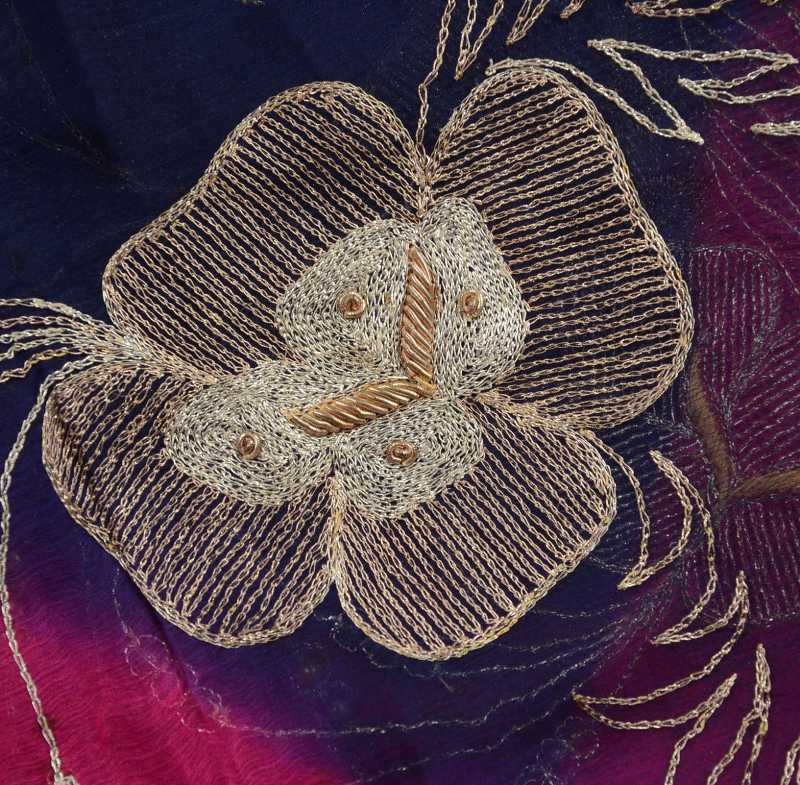===
0313,
4
===

=== |
 |
tang karnaa : 'To contract, straiten, narrow, tighten; to distress, vex, worry, harass; to put pressure upon, to compel, to oppress'. (Platts p.340)
rozgaar : 'Service, employ, situation, business; earning, livelihood; —the world; fortune; age, time, season'. (Platts p.605)
FWP:
SETS
MOTIFS == PERSONIFICATIONS
NAMES
TERMSThen, dam ke liye -- the center of the verse-- can also mean 'in order to breathe, in order to stay alive'. But the heart is a borrowed item, so it's necessary to take extra care not to damage it. It mustn't be harassed by trifling anxieties like that of mere 'livelihood'.